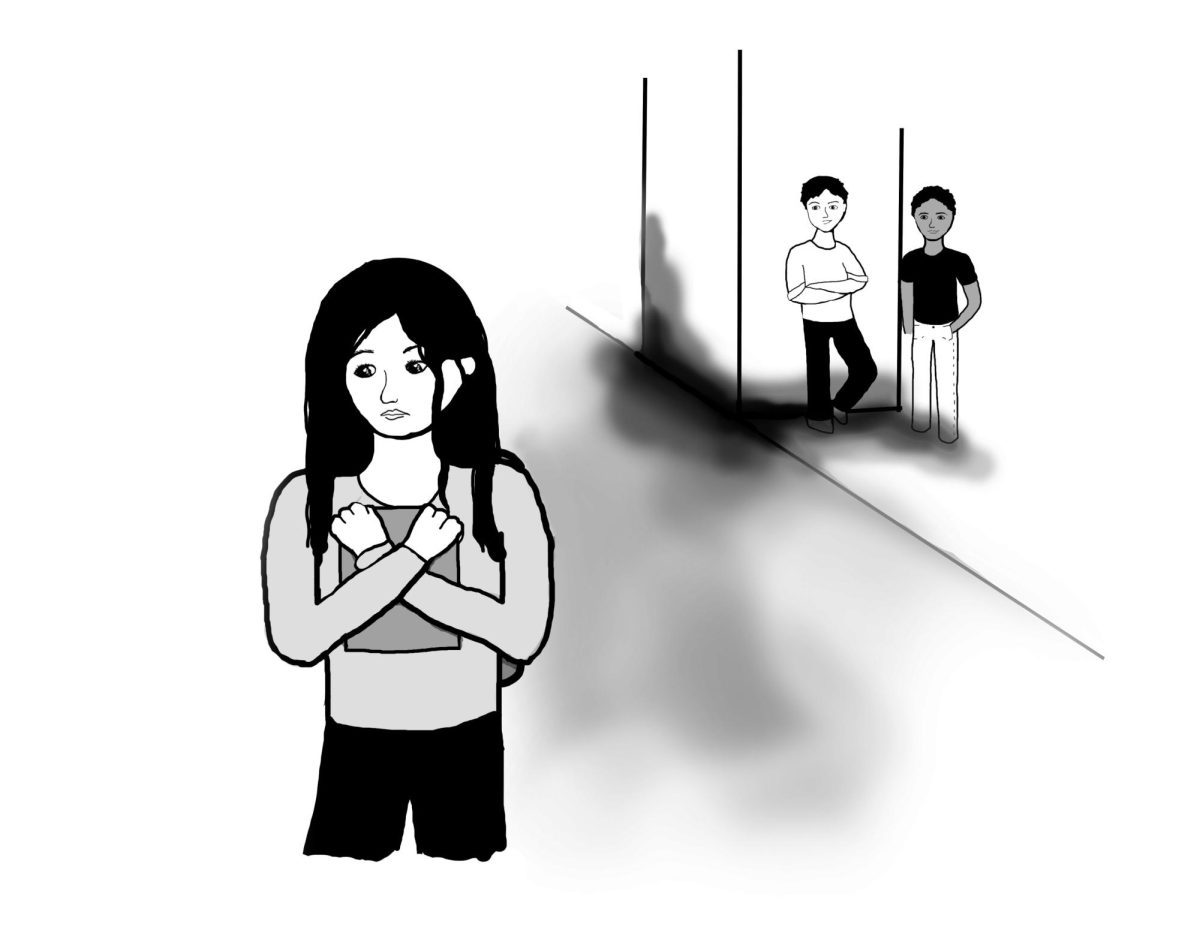In the space of less than five years, Humans vs. Zombies has grown into a national and worldwide phenomenon. From Cornell to Chico State, from the University of Florida to the University of Wisconsin: Madison, the ranks of Nerf gun-equipped, bandanna-clad players have swelled in American colleges and even popped up in countries like Denmark, Korea and Australia.
Laura Wexler of the Washington Post posits the dedication participants demonstrate as almost mystical.
“To play a game as immersive and fantastical as Zombies,” said Wexler in a 2008 article, “is to give oneself over completely and utterly, despite how silly it looks, despite what others might think.”
Even Stephen Colbert commented on his show, proclaiming the dangers of turning the impending zombie apocalypse into a game.
“We must stop these college jerks from trivializing the threat of the undead,” he said in late 2008.
At Whitman, Humans vs. Zombies has been on campus since the very beginning of the game. In 2005, students Brad Sappington and Chris Weed implemented the first game at Goucher College, located in a suburb of Baltimore, Md. A Whittie who happened to be a personal friend of one of the founding members of the game on the East Coast soon found out about this intensive and expansive game of moderated tag. Interest brewed on campus, and several dozen students quickly came together to join in on Walla Walla’s first ever session of Humans vs. Zombies. Whitman’s inaugural game of HvZ coincided with Goucher’s second game, making our humble Home of the Missionaries one of the first colleges in the nation to get in on the trend.
The game has only grown since. This past fall marked one of the biggest games in Whitman’s history, attracting 212 players. Sophomore Michael Schier, one of the central moderators of this year’s games, explained that the game has changed somewhat over the years due to the difficulties that arise from organizing so many people.
Missions: events organized by the moderators that set zombies against humans trying to reach some sort of goal: have been significantly altered since the game began at Whitman.
“In the two first games I played some of the missions were very confrontational,” Schier said. “The humans would have to guard one particular spot or all the zombies would know where the humans are, so it would end up in a huge clash between both sides, and that usually ended up with a lot of people getting pissed off . . . So the new missions we made, especially this spring, really focused on players.”
While whizzing Nerf darts and balled-up socks have been a mainstay of Humans vs. Zombies since its inception, talk of melee weapons: those that do not involve a projectile like a sock or dart: has always lurked in the background. Despite the zombie mythos’ incorporation of cricket bats and chain saws as repellents of the living dead, moderators remain hesitant to allow foam swords because of fairness and safety worries.
“There are a lot of people who think they’d unbalance the game tremendously, a lot of people think they’d be really cheap, a lot of people think they’d be dangerous. We’d love to be able to incorporate melee weapons in the future, but we won’t until we know that we can,” he said.
In addition to the huge amount of logistical work moderators put in to ensure HvZ runs smoothly, players also spend a lot of time prepping for the game itself. Schier mechanically modifies his Nerf guns and makes his own darts out of foam rolls from Home Depot and washers and foam pads bought on eBay. According to Schier, modifications to the toy guns hone accuracy and increase range by up to 50 percent.
Technical aspects aside, Humans vs. Zombies ultimately serves as a way to forge friendships outside of the academic setting. Sophomore Drake Skaggs believes that the game offers a outlet from the normal rigor of college life.
“I think it is a fun game: it’s a good break from the everyday monotony of life, just for a week or two perhaps, just kind of hang out and change your life up a little bit. There’s sort of an interesting microcosm that happens. Suddenly there’s a society in a society, people who are playing and people who aren’t. There’s the camaraderie, too,” he said.
Schier agreed that one of the best parts of Humans vs. Zombies is the friendships you make in the course of the game.
“It’s really interesting how many people you meet that you would not normally meet through classes,” he said. “I’ve become friends with people from various social and class groups that I definitely would never meet without this game.”
Not everyone shares the enthusiasm felt by repeat players of the game, however. Sophomore Zach Schierl enjoyed playing, but couldn’t think of participating every session.
“It’s fun,” he said. “I would do it once a year. I’m not going to do it once every semester, though. When I play, I get really into it, and it basically makes it hard to get other things done.”
Human vs. Zombies does have its fair share of detractors. Senior David Abramovitz remains annoyed over the action and intensified hoopla surrounding the game.
“As someone who has worn bandanas around his head for over two years, I was nothing but irritated by the constant threat of Nerf missiles and rolled up socks,” he said in an e-mail. “I shared no empathy with zombies; in one sense it was flattering, but they mostly just all stole my style. I had only contempt and animosity towards the humans, who really put more into this fucking game with an invested interest far surpassing any other passion I have seen at Whitman. I think that’s a little sad.”
For Skaggs, however, HvZ offers a fun escape, despite the attitudes that some have toward the game.
“It’s a good time, man. I’m sure some people think it’s childish, or immature or something, but those are the people who hate fun anyway, so, I don’t know how you’re going to bring them to do anything, ever,” he said.
Regardless of the strong feelings felt by both players and non-players on campus, Humans vs. Zombies has become something of an institution here at Whitman College. As a casual participant myself, the lightning strike of adrenaline that rushes through your body as you narrowly dodge a zombie’s swiping hand is a thrilling switch-up from the norm of reading textbooks and writing papers.












